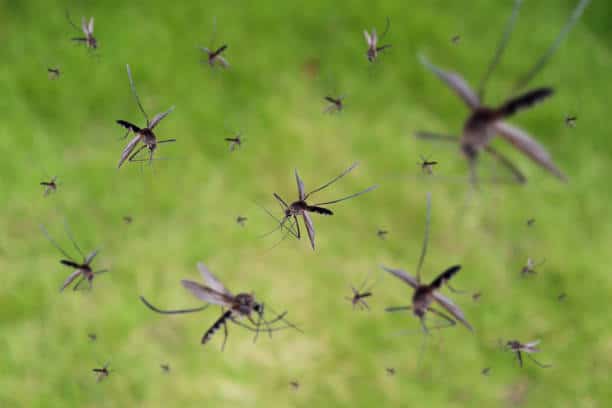Mosquito learning is real and evident in today’s mosquito populations. Studies show that certain people attract mosquitoes more than others. But it is also a fact that mosquitoes can learn how to stay away from specific people. They are more alert against individuals who are aggressive against mosquitoes. These people would always swat or spray insecticides. Read on and find out how mosquito learning can challenge managing them.

The Females
Female Aedes aegypti mosquitoes transmit Yellow fever, dengue, and Zika are transmitted. Scientists studied these insects and each one showed different degrees of attraction to human odors. The attraction faded when the scents were paired with mechanical actions like slapping and swatting. The scientists confess that they are surprised at how quickly the mosquitoes learned. The insects can even remember the association for long periods.

Humans and Mosquitoes
Mosquitoes see humans as a source of food and a predator. Learning which people are safe for them to land on is vital to their survival in the wild. It also gives them a significant advantage. Mosquitoes also learned to stay away from the specific chemicals in your sweat. Mosquito learning causes them to associate these chemicals with mechanical agitation.
One of the chemicals mosquitoes avoid is octenol. This compound produces an intense response from these insects. That is why the scientists used it in later experiments. Blood scented with octenol had fewer trained mosquitoes landed on it.
Mosquito Learning Curve
Research shows that mosquitoes have already learned the smell of pesticides. They avoid this scent even if they will starve. This realization could make these chemicals less effective. Controlling these insects is even more difficult than ever.
Mosquitoes have been underestimated for years because they do not have brains. But these insects are far more complex than just tiny flying needles. Mosquito learning helps these insects to associate smells with good or bad events or objects.
The Evolution
We relied on a limited collection of pesticides throughout the years. Modern mosquitoes have evolved to be resistant to many toxins. They have also developed the ability to detoxify and avoid pesticide binding. These new abilities threaten different programs to control mosquito populations all over the world. Scientists believe that mosquitoes will eventually master behavioral resistance, which will allow them to avoid contact with pesticides completely.
Recent studies reveal that mosquitoes can use their sense of smell to shield themselves from toxic insecticides. Mosquito learning is a result of phenotypic plasticity in which these insects change their behavior to adapt to the surrounding environment. Scientists also believe that future mosquitoes do not need to inherit this ability to avoid pesticides. Each mosquito has already developed this ability to learn and it will continue to use it to get ahead.

Mosquito learning is an amazing discovery that could prevent species eradication. This may also lead to more cases of mosquito-borne diseases. But if one mosquito bothers you, you may be able to train it to stay away for days. Scientists should now exert more effort in finding ways to use this learning against mosquitoes.